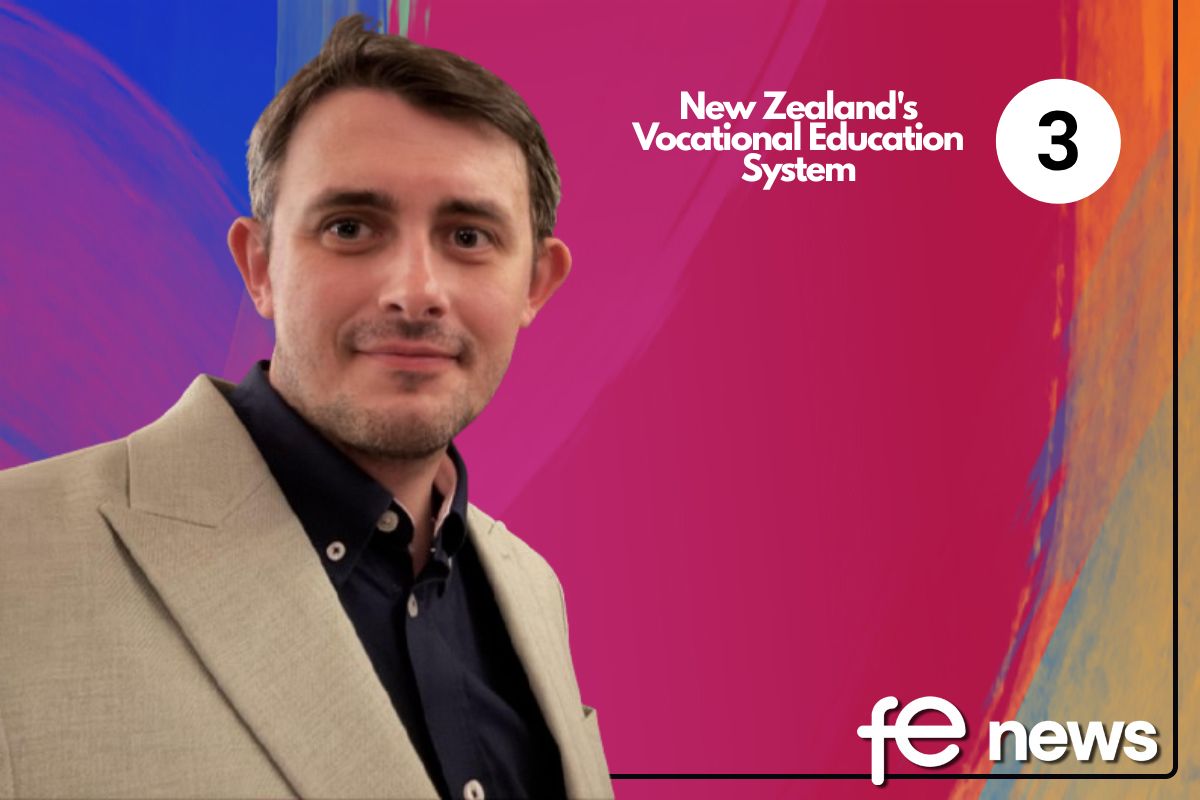End stigma around parenting programmes to tackle the teenage mental health crisis

For teenagers approaching their GCSEs and A Levels, the pandemic hit at a particularly challenging time. Not only is this a critical age for academic success, but for crucial development opportunities, too – socialising with friends, working part-time, or just getting out of the house.
Young people missed the chance to mark so many of their key milestones that as we emerge from the pandemic, the mental health of many has been left in tatters. Over the last three years, the likelihood of young people having a mental health problem has increased by 50%. Shockingly, some children suffering from mental health issues are waiting up to five days in emergency departments. Reports of social anxiety, academic struggles and a spectrum of mental health concerns have topped the news agenda for the last year.
Lockdowns, a Distant Memory?
The lockdowns might now, thankfully, be a distant memory. But for the young people who found themselves affected by it, there is an ongoing and pressing need for support. Lots of parents have never had to deal with a mental health challenge – either their own, or within the family. They may not know where to get assistance – or what that help looks like.
In the face of a stretched healthcare system, the role of parents has never been more important in offering that support. It’s vital, therefore, that we provide them with the toolkit to do so – and remove the fear of asking for help. But achieving that will require a much greater acceptance that the way to end the stigma associated with needing help is to talk more openly and more often about it.
Family Hub Spaces
Firstly there’s a huge opportunity offered by new Family Hub locations around the country. In October last year, a transformative budget of £500 million was assigned to supporting children and families. As part of that, Family Hubs in 75 local areas will offer a range of services, joined up under ‘one roof’. The more these buildings are used for a variety of services, and seen as a staple of the community, the more likely parents will feel confident to step foot inside. And once parents have engaged with light-touch support, the more likely they are to re-engage if there are more serious concerns. Inside the hubs, trained practitioners will be able to ask parents directly if they‘re spotting signs children or teens aren’t coping. Instead of having to speak up and ask for help, parents can be guided through the options available to them.
Secondly, parenting programmes should be a key feature of these new Family Hub spaces. Parent/child relationships are the golden thread running through not just a child’s life, but also across many policy areas supporting families. Whilst the starting point might well be to improve a child’s behaviour or well-being – parenting programmes have the potential to lead to better educational success, lower chances of criminal behaviour, and improved physical health, too.
Parenting programmes like Triple P, rooted in compelling evidence, offer independent parenting advice and support – including in-person practitioner interventions and self-directed parenting programmes online. For many parents, this is the first step on a journey to knowing how to help their anxious or stressed teens – and we know that offering flexible access to support removes a key barrier to participation. Lastly, taking part in a course that is specifically designed to support parents of teenagers will provide families with the strategies they need to cope with ups and downs. The goals set within the Triple P programme are parent-led, which removes the fear of judgement that holds many parents back from getting support. Parents themselves decide how to apply a toolbox strategies to suit their situation.
Through a combination of new Family Hubs, investment in Supporting Families, and increased awareness of teenage-specific programmes, we can help get more children back on the path to resilience and success. Underpinning this should be a national conversation, led by politicians, about the continuity and seamlessness of support for parents, from antel-natal care through to adolescence. The more flexible support available, the more we can promote parenting programmes as the norm. Parents and carers are the first line of defence, and by removing the stigma around parenting programmes and increasing uptake, we can help ease the burden of this mental health crisis at home, first and foremost.
By Matt Buttery, CEO of Triple P UK











Responses